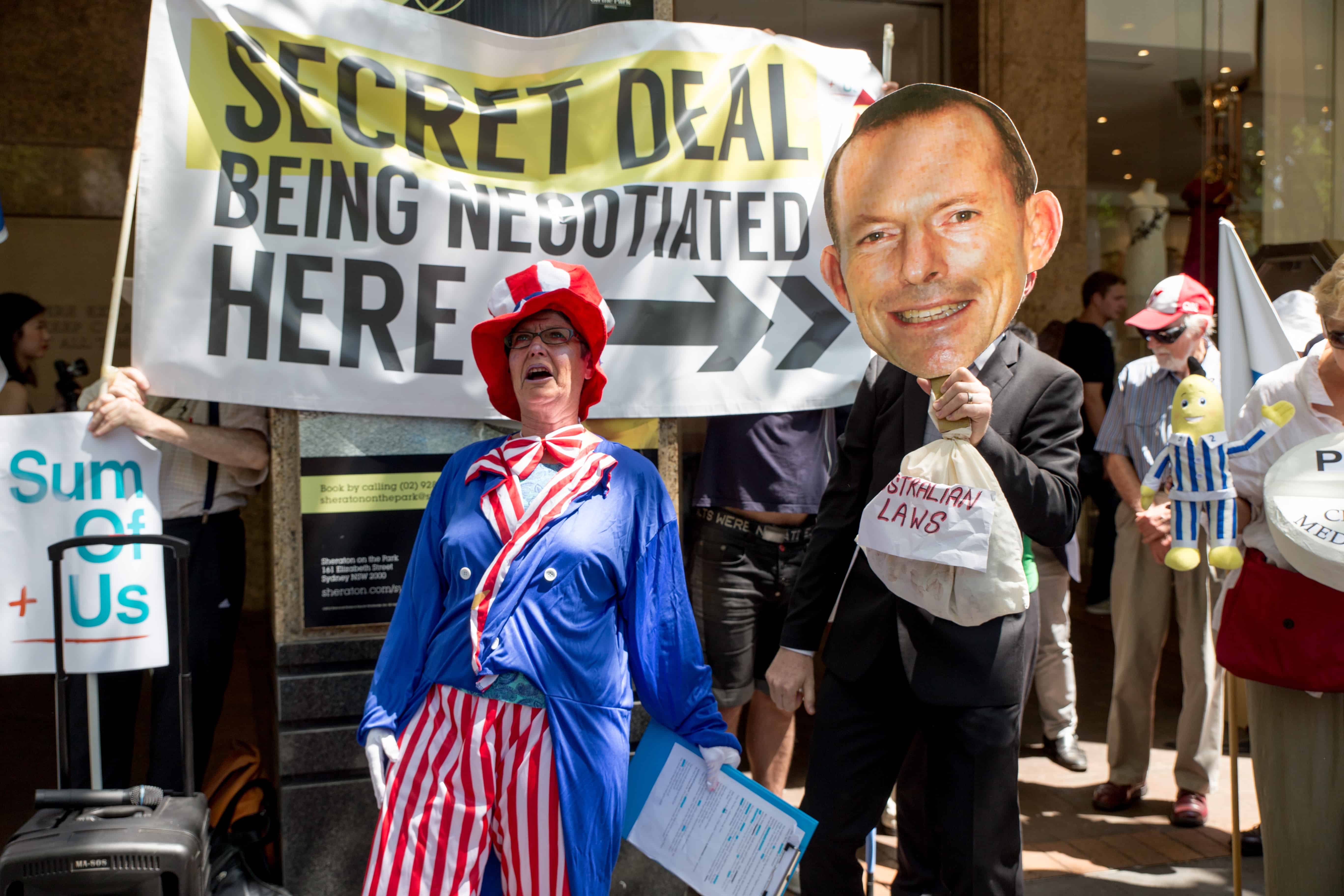Ohio, Pennsylvania, Michigan, Wisconsin: by the early hours of November 9, these tightly-contested states decisively won President-elect Donald Trump the presidency. These states are part of the ‘Rust Belt,’ an industrial heartland suffering from decades of deindustrialization, job outsourcing, and automation due to neoliberal globalization and free trade agreements like the North American Free Trade Agreement.
Indeed, the forces of international capital have economically degraded and disillusioned this blue-collar, predominantly white, working class.
But rather than organize this anger under a multi-ethnic, working-class coalition against the culpable capitalist class — as Bernie Sanders championed — their cause has been hijacked by a member of the capitalist elite. Trump has re-oriented this anger under a nationalist, racialized ethos. Rather than blame international capital — to which he contributes and from which he benefits — he has assigned responsibility to the ‘other’: the Mexicans, the Muslims, the Chinese, and the Japanese, to name a few. He has pretended to be an anti-establishment populist, someone who — unlike liberal, globalist elites like Hillary Clinton — can fight for the declining white working class. And he won.
As urban Canadians, perhaps our cosmopolitan character disable us from rationalizing the landscape that gave rise to Trump’s attractiveness to voters. However, we should be cautious to deem ourselves safe from the economic-racial dynamics that precipitated what will be a Trump presidency.
In other words, we too must fight international capital and globalization. Its latest form is the Trans-Pacific Partnership (TPP), a massive trade agreement between 12 countries. Among the thousands of jobs that the working class may lose, this agreement hands extensive power to corporations, allowing them to legally challenge national sovereignty and trample on environmental, labour, and Indigenous rights for the sake of profit.
At 2:00 pm on November 26, advocacy group Leadnow is organizing a rally at Matt Cohen Park to voice opposition to the TPP, which Prime Minister Trudeau’s Liberals support in the name of ‘free trade.’ Leadnow professes, “If we’re going to stop the TPP we need urgent action to show the Trudeau Liberals that approving this dangerous deal could cost them the support of the progressive voters who helped put them in office.”
Indeed, just as Clinton was painted as a globalist elite, Trudeau too, in three years’ time, could see himself replaced if he does not respond to the democratic interests of the Canadian working class. Making matters worse, we may not necessarily elect a Sanders-like, progressive candidate to replace Trudeau; our anger is not immune to Trump-like ultra-nationalism.
Consider the post-Harper Conservative Party of Canada (CPC). Interim leader Rona Ambrose has repeatedly slammed Trudeau for the decline of Alberta’s oil economy and the job losses of oil workers, both of which are products of international capitalist dynamics.
Recently commenting on the US election, Ambrose attributed the outcome to the Democrats’ alienation of the working class; she predicts the same fate for Trudeau in her criticism of the Liberals’ plan to move a federal immigration processing office and its 280 jobs from Edmonton to a rural Albertan town.
More alarmingly, the Conservative Party may yield extreme leadership. For CPC leadership candidate Kellie Leitch, Trump’s victory was an “exciting message,” one that encourages her to stand up for “Canadian values.” Messages like this suggest that the Conservative Party’s exploitation of working class politics via nationalist rhetoric could make America’s problem our own.
Canadians urgently need to act against the dynamics that have played out south of the border. Rather than being dismissive, we must empathize with the grievances of the working class and build a broad, multi-ethnic movement that does not racialize issues but is responsive to working class issues on the basis of class itself against an industry-government elite. Notably, this struggle must involve transitioning into a democratic, non-fossil fuel economy that addresses the volatility of oil and compensates Albertan oil workers, whose uncertain fate the Conservatives could exploit for Trump-like mobilization.
In broader terms, we must challenge Trudeau’s liberal notion of free trade that, through the TPP, sells out democratic interests for private interests.
Ironically, Trump also opposes the TPP and may very well kill it in the coming days. Yet, we cannot passively wait for external dynamics to determine our own future, and Trump’s racialized, isolationist rationale for fighting the TPP cannot be our rationale. We must fight the TPP, but not as a fight against the ‘other’ taking our jobs — instead, the fight must be against international capital as an unjust and undemocratic force that compromises workers’ rights globally.
If we are to take anything away from the American election, it is that trumping the TPP is of immediate concern to Canadians.
Ibnul Chowdhury is a second-year student at Trinity College studying Economics, International Relations, and Peace, Conflict, and Justice Studies.
Editor’s Note: This article has been updated from a previous version; a change to the subhead was made to clarify the author’s intended meaning.


